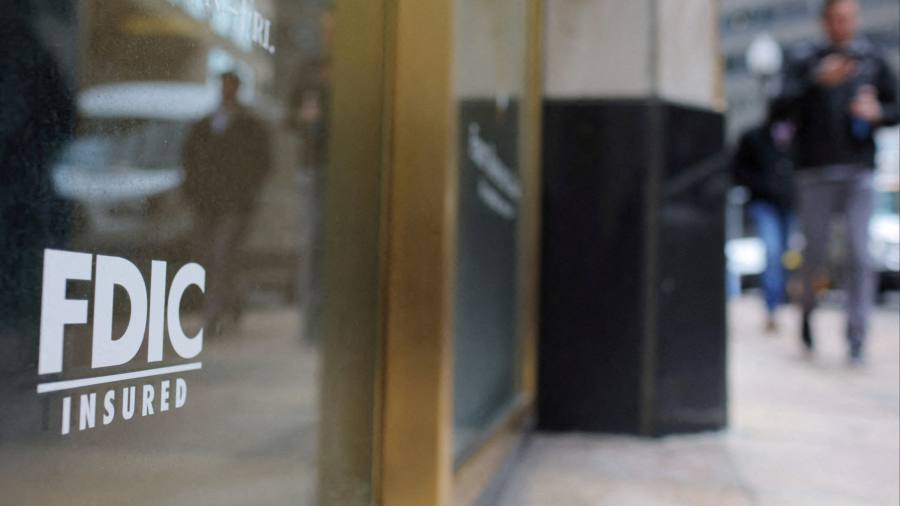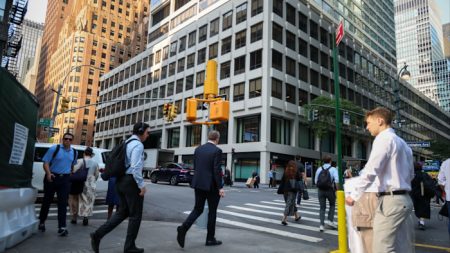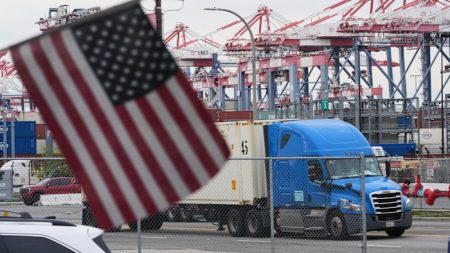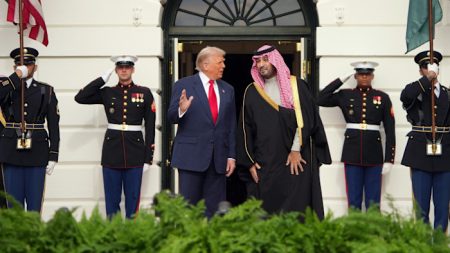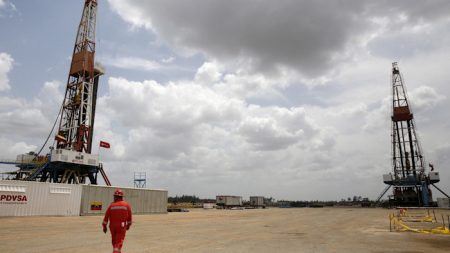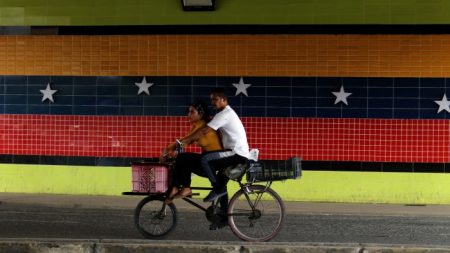Receive free US banks updates
We’ll send you a myFT Daily Digest email rounding up the latest US banks news every morning.
The largest US banks have been rushing to restate their financials in order to minimise how much they may have to pay to cover the cost of the failures this year of Silicon Valley Bank and Signature Bank.
In a letter to the Federal Deposit Insurance Corporation, midsized US lender Zions alleged that several major banks had already begun to refile their year-end financial statements to report a lower level of uninsured deposits.
The restatements could save some banks tens of millions of dollars and as much as $300mn in one instance, according to a separate report.
The FDIC regularly assesses banks with a fee for providing deposit insurance, but in May, it proposed a special assessment for this year’s major failures.
The fees were computed based on banks’ uninsured deposits, as $15.8bn of the $18.5bn cost of the SVB and Signature bailouts were due to the coverage of accounts larger than the FDIC’s normal $250,000 insured limit. Most of those accounts were with large banks.
The corporation wanted to apply the assessment based on the value of the banks’ uninsured deposits at the end of 2022. About 55 per cent of deposits in the US are above the $250,000 per account limit and uncovered. The comment period on the proposal ended on Friday.
“Some large banks have already begun to amend their year-end Call Reports to reduce their reported uninsured deposits,” Zions wrote in a letter submitted to the regulator. A call report is the quarterly filing banks make to the FDIC.
The letter was dated July 17 and signed by the bank’s chief financial officer, Paul Burdiss. It points out that based on the way the proposal has been written, if the restatements of estimates of uninsured deposits are made before the assessment is finalised, they can lower the amount a bank would have to pay.
“Additional guidance and standards are needed to improve the consistency in reporting of these estimates given the proposed use,” it warns.
Analysts at S&P Global noted in a report that an unusually high number of banks in the past six months had restated their uninsured deposits as of the end of last year. S&P said 55 banks this year had restated their fourth-quarter figure, compared with just 14 in the same quarter the prior year. S&P said the majority of the restatements resulted in lower uninsured deposits.
Bank of America had the largest restatement, cutting its uninsured deposits by $125bn, or nearly 14 per cent, according to the report. Based on its lower uninsured deposits, S&P said BofA’s special assessment would drop to $1.95bn, down from $2.26bn.
Huntington National Bank, the 26th largest in the US, had the biggest percentage drop in uninsured deposits after its restatement, falling nearly 40 per cent to just over $50bn, according to S&P, which calculated that the restatement would save Huntington nearly $85mn.
BofA declined to comment. It had told S&P it had improperly characterised some of the bank’s own cash as customer deposits, resulting in the restatement. A source close to BofA told the Financial Times that the restatement was made in early May, days before the FDIC released the framework for its proposed assessment.
Huntington did not respond to a request for comment.
Zion CFO Burdiss told the FT the point of his letter was “not to imply or assert that any bank is ‘gaming’ the system or acting in any nefarious manner”. Instead, its aim was to point out problems with the way the FDIC has proposed to impose the SVB-related assessment, he said.
Zions’ letter was one of more than 200 submitted to the FDIC during its 60-day comment period. Like Zions, many midsized banks wrote letters that said the nation’s biggest banks should pay the cost of the failures of SVB and Signature Bank because they had benefited the most from the recent regional banking turmoil.
In a comment letter, the Financial Services Forum, a lobby group representing eight of the largest US banks including JPMorgan Chase and BofA, said they were already subject to the highest costs of regulation and “served as a source of strength and resilience” during the recent banking crisis. The group criticised the FDIC for basing its assessment on size rather than the riskiness of different banks’ business models.
The FDIC has said its assessment as formulated would hit 113 large banks and ensure that 95 per cent of the cost of recent bank failures are covered by institutions with $50 billion or more in assets. Zions has nearly $90bn in assets and would have to pay. Banks with assets below $5bn would not have to pay any fees.
The FDIC now has to decide whether to amend its proposed fee or move forward. It previously said it did not plan to start collecting the special assessment until the beginning of next year.
Additional reporting by Joshua Franklin in New York
Read the full article here





